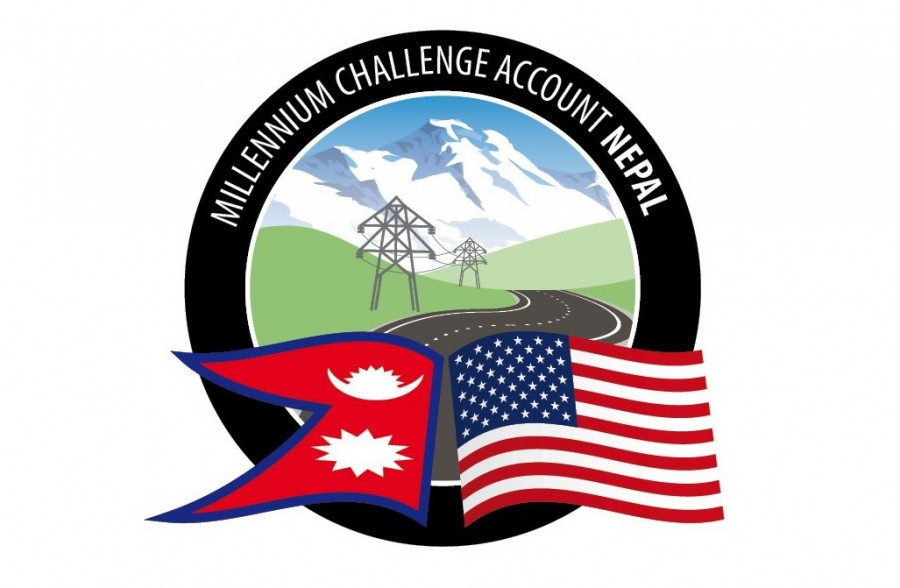National
MCC’s Nepal projects back on track after US greenlight
MCA-Nepal, the project implementation body, welcomes the US decision and resumes full-fledged project activities.
Post Report
The Millennium Challenge Account-Nepal (MCA-Nepal) has welcomed the United States government’s decision to allow continued implementation of the MCC Nepal Compact under a previously granted exception to the recent freeze on foreign assistance.
The decision clears the way for MCA-Nepal to proceed with its key infrastructure projects, including the construction of a 297-kilometre electricity transmission line, road maintenance work, three major substations, and an 18-kilometre cross-border transmission link—all central components of the $697 million compact.
The United States’ Millennium Challenge Corporation (MCC) had earlier paused activities following an executive order by US President Donald Trump in January, triggering uncertainty over the fate of MCC projects worldwide. Amid this, reports emerged that MCC’s global operations were being shut down as part of a wider restructuring led by the Department of Government Efficiency (DOGE), headed by tech billionaire Elon Musk.
Nepali officials had lobbied hard in Washington for the continuation of the MCC Nepal Compact, stressing its importance for the country’s energy and transport sectors.
“This decision provides much-needed clarity and allows us to move forward with delivering high-impact infrastructure for the benefit of Nepali citizens,” said an MCA-Nepal official.
Signed in 2017 and ratified by Nepal’s Parliament in 2022 after prolonged political debate, the MCC Compact is one of the largest foreign assistance programmes Nepal has received. The US pledged $500 million, with Nepal committing an additional $197 million.
Although the MCC headquarters had not issued formal communication amid the funding freeze, MCA-Nepal had continued limited activities, particularly on ongoing contracts. With the US decision to resume funding confirmed, the compact is now expected to move ahead at full scale.
Officials say they are accelerating procurement processes that were delayed and are coordinating closely with MCC counterparts to meet the compact’s timelines.
The MCC, created by the US Congress in 2004 with bipartisan support, has partnered with dozens of countries to promote economic growth and reduce poverty. Its potential withdrawal had sparked concern in Nepal about a funding gap in critical sectors.
MCA-Nepal reaffirmed its commitment to completing the projects within the five-year compact timeline and expressed gratitude for the continued partnership with the MCC.




 8.22°C Kathmandu
8.22°C Kathmandu













